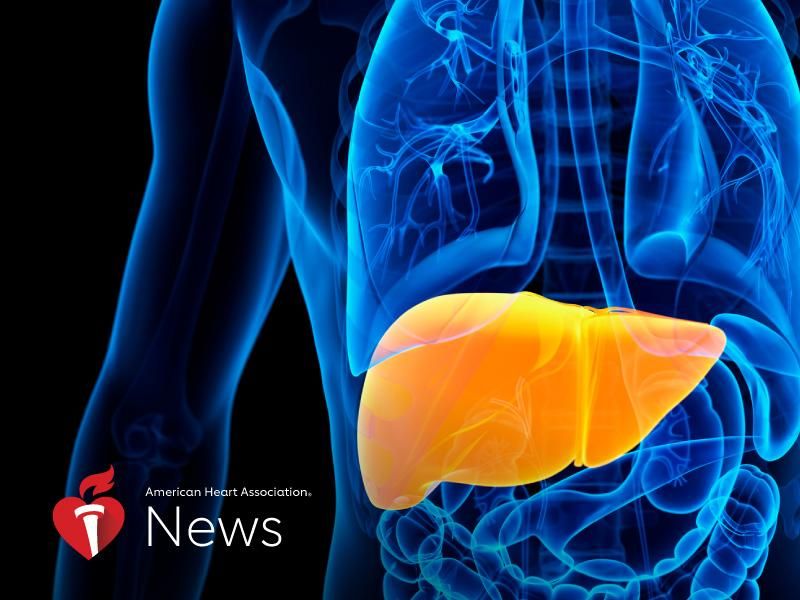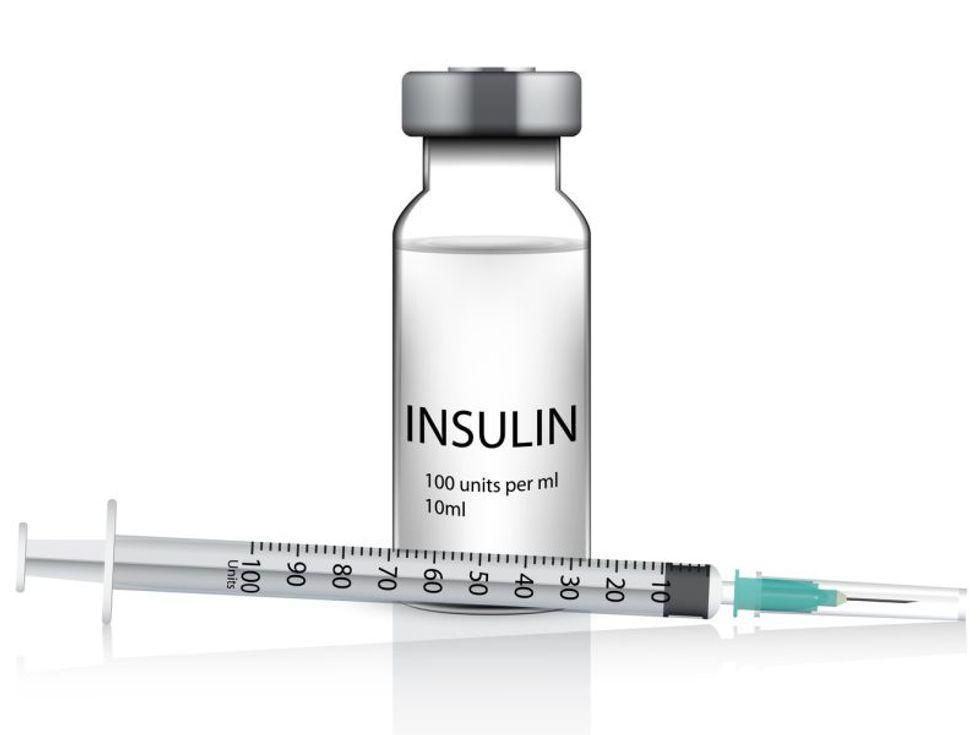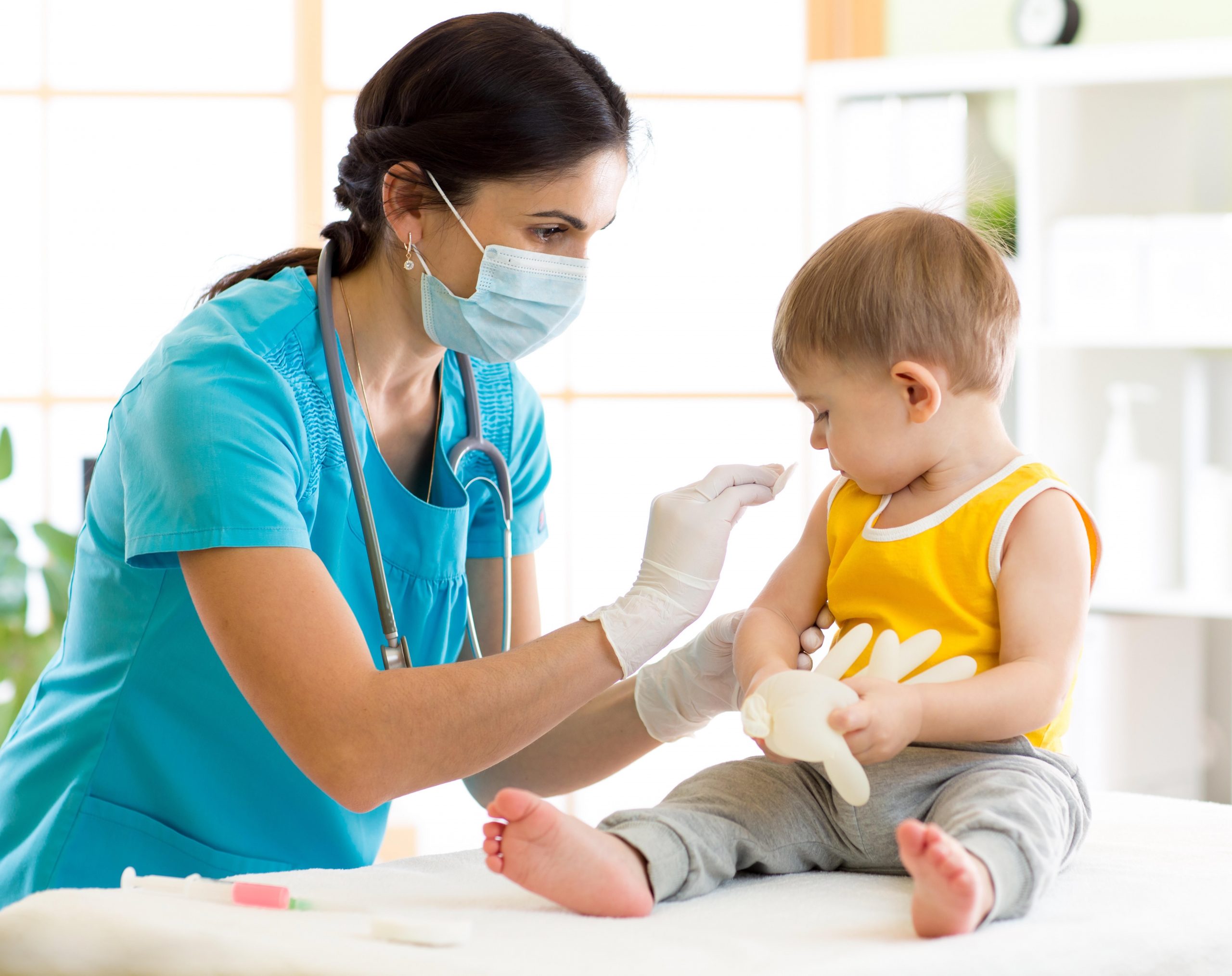
THURSDAY, Nov. 17, 2022 (American Heart Association News) — When it comes to reduced-carb diets, it may be quality, not quantity, that matters most. New research finds that animal-based, low-carbohydrate eating was associated with a higher Type 2 diabetes risk, whereas plant-based, low-carb eating was associated with a lower diabetes risk. The research, recently presented… read on > read on >






























